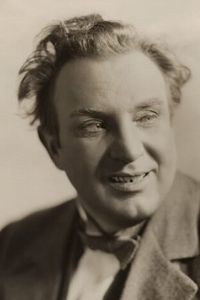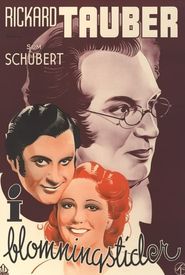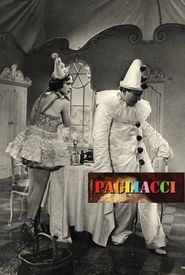Richard Tauber, a renowned Austrian opera singer, was born on May 16, 1891, in the charming city of Linz, Austria, to Elisabeth Seiffert, a gifted soubrette singer, and Richard Anton Tauber, a respected legitimate actor.
Tauber's formative years were marked by a concerted effort to hone his vocal talents, but he initially found it challenging to cultivate the requisite passion and emotional depth to excel as an operatic singer. In an attempt to diversify his musical knowledge and skills, he also dedicated time to studying the piano and composition.
However, it wasn't until he came under the tutelage of the highly respected Professor Carl Beines that his focus shifted towards the classical repertoire of Mozart. Under Beines' expert mentorship, Tauber's abilities rapidly progressed, and he eventually made his public concert debut in 1912.
Richard Tauber's remarkable foray into the world of theatre commenced in 1913, with a striking and unforgettable stage debut as the charismatic Tamino in Mozart's captivating opera "The Magic Flute". This momentous occasion was facilitated by the wise and supportive mentorship of his father, who had recently assumed the prestigious role of Intendant at the Municipal and Stadt-Theater in Chemnitz, Germany, providing his son with a unique opportunity to hone his craft and flourish under the guidance of an experienced and knowledgeable leader.
As his professional trajectory continued to unfold, Tauber's impressive repertoire evolved to incorporate a diverse assortment of iconic roles, showcasing his remarkable versatility and range as a performer. This expansion of his artistic scope included appearances in a variety of operas, such as the classic "Der Freischütz", the dramatic "Don Giovanni", the intense "Tosca", the charming "Mignon", the timeless "Faust", and the sultry "Carmen".
Not only did Tauber excel as a captivating stage performer, but he was also a remarkably prolific recording artist, having amassed a vast and impressive collection of exquisite recordings that have stood the test of time and continue to enchant audiences to this very day, leaving behind a lasting legacy that is still widely admired and cherished by music lovers of all ages.
Richard Tauber, a vocalist of unparalleled distinction, embarked upon a remarkable career that saw a deliberate expansion of his repertoire to encompass a diverse range of operettas, commencing with his debut in Berlin in 1920, where he electrified audiences with his captivating performance in the enchanting "Zigeunerliebe". This inaugural appearance marked the beginning of a long series of performances in operettas, including "Frasquita", "Der Zarewitsch", "Friederike", "The Land of Smiles", "Beautiful Is the World", and "Giuditta", each showcasing his extraordinary vocal talents and solidifying his reputation as a master of his craft.
In addition, the esteemed composer Franz Lehár took a particular interest in crafting works specifically tailored to Tauber's unique voice, thus cementing his reputation as one of the world's finest Mozartian tenors.
Tauber's personal life was a tapestry of significant romantic relationships, with a notable highlight being his marriage to the incredibly talented soprano Carlotta Vanconti, a union that was marked by a period of extensive touring, during which the couple performed together in various operettas, showcasing their impressive vocal talents to audiences around the world. Despite the undeniable success of their professional partnership, their personal relationship unfortunately suffered, and the couple decided to separate in 1928, a decision that ultimately led to the official dissolution of their marriage two years later. Following this period of personal upheaval, Tauber went on to marry British actress Diana Napier in 1936, marking a new chapter in his personal life, one that was filled with promise and possibility.
As the ominous and foreboding specter of Nazism loomed large over the picturesque landscape of Austria, casting a dark and foreboding shadow that threatened to snuff out the artistic sparks that had fueled the illustrious career of the celebrated vocalist Richard Tauber, the renowned singer responded to this existential threat by making a series of frequent and triumphant appearances in the vibrant and cosmopolitan city of London, where he had the privilege of showcasing his remarkable talents to enthusiastic and appreciative audiences, starring in a plethora of popular and critically acclaimed musical films that captivated the hearts and imaginations of English viewers, and cementing his status as a true master of his craft.
Despite the turbulent circumstances unfolding in his native land, Tauber chose to embark on a bold new chapter in his life by relocating to London, where he devoted himself to refining his artistic talents, effortlessly navigating the realms of both film and opera.
Noted operatic maestro, Richard Tauber, a renowned virtuoso of the stage, initiated his London debut in the prestigious production of Mozart's iconic opera, "The Magic Flute", in the year 1938, thereby commencing a prolonged and fruitful sojourn in England that would span the tumultuous duration of the war years.

























